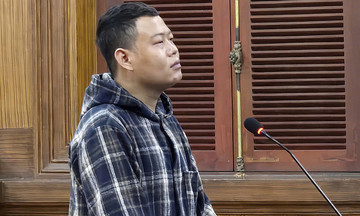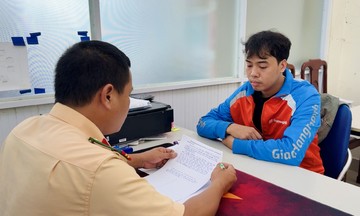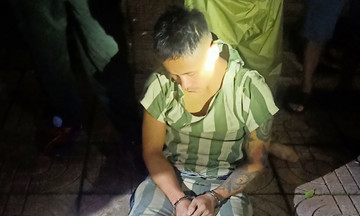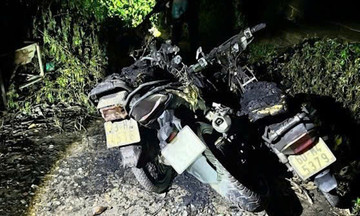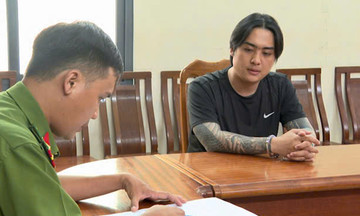Pioneering scientist, superstar surgeon, miracle worker—these were the accolades bestowed upon Paolo Macchiarini before his downfall.
The Swiss-born surgeon rose to prominence in 2008 after creating a new windpipe for Claudia Castillo, a young woman from Barcelona. He achieved this by chemically removing the cells of a deceased donor's trachea and then seeding the scaffold with stem cells harvested from Castillo's own bone marrow. Castillo was soon discharged and sent home.
According to Macchiarini and his colleagues, Castillo's artificial organ was developing in form and function like a natural one. And because it was created from her own cells, she wouldn't require dangerous immunosuppressant drugs.
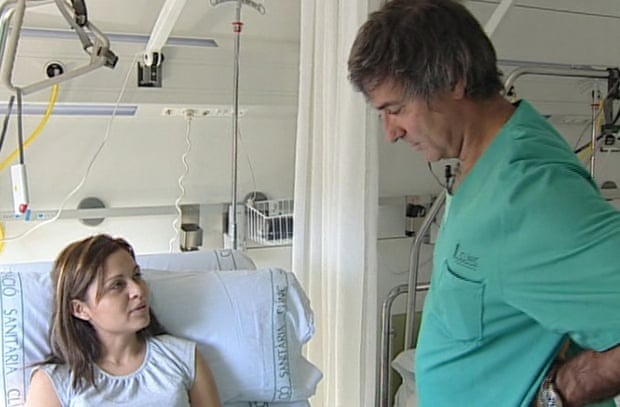 |
Claudia Castillo and Dr. Paolo Macchiarini. Photo: REX |
Claudia Castillo and Dr. Paolo Macchiarini. Photo: REX
This was Macchiarini’s first major success. Countless articles proclaimed it a medical breakthrough. However, the serious complications Castillo suffered were kept hidden for a considerable time.
Meanwhile, Macchiarini's career skyrocketed. In 2011, he joined one of the world’s most prestigious medical universities, the Karolinska Institute in Sweden, where professors select the annual winner of the Nobel Prize in Physiology or Medicine.
At Karolinska, Macchiarini refined his technique. Instead of decellularizing a donor trachea, he commissioned a custom-made plastic scaffold. The first recipient was Andemariam Beyene, a geology PhD student at the University of Iceland. Beyene's recovery landed Macchiarini on the front page of the New York Times.
"Macchiarini has made the dream of regenerative medicine a reality," NBC’s Meredith Vieira narrated in a documentary about him titled *A Leap of Faith*. "Imagine a world where any organ or body part that is injured or diseased could be replaced with a new, artificial one, literally built in the lab, just for you.”
However, by 2016, that dream had shattered, revealing an ugly truth.
A tangled web of deceit
In 1/2016, two bombshells hit Macchiarini. The first was a *Vanity Fair* article about his affair with Benita Alexander, an award-winning producer at NBC News. She had met Macchiarini while producing *A Leap of Faith*.
By the time the program aired in mid-2014, the pair were planning a wedding that promised to be a star-studded affair. Macchiarini frequently boasted to Alexander about his famous friends, describing a guest list that included families of world leaders, Italian opera singer Andrea Bocelli performing at the ceremony, Pope Francis officiating, and the papal summer residence at Castel Gandolfo as the venue. Or so he told his fiancee.
But by 7/2015, as the big day approached, Alexander saw the plans unravel, later realizing that her fiance had lied about almost everything. The entire wedding concept was a fantasy. More importantly, Macchiarini already had a wife of 30 years.
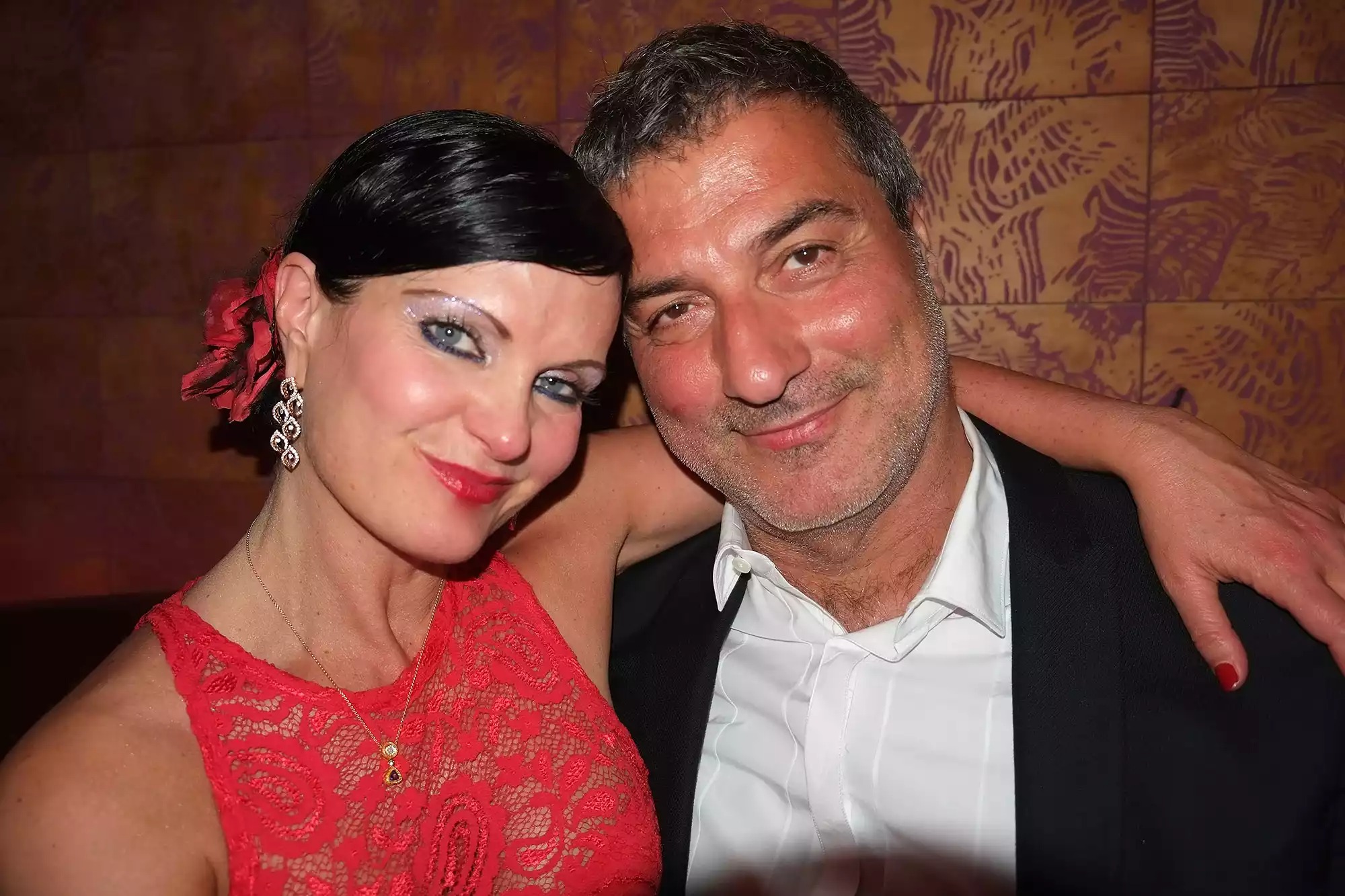 |
Benita Alexander (left) was deceived by Paolo Macchiarini's romantic pronouncements. Photo: Netflix |
Benita Alexander (left) was deceived by Paolo Macchiarini's romantic pronouncements. Photo: Netflix
Macchiarini’s deception was so outlandish that *Vanity Fair* consulted a psychiatric expert—Professor Ronald Schouten of Harvard University. Schouten observed, "Macchiarini is an extreme form of a con man. He’s obviously brilliant and accomplished, but he has no internal checks and balances. There’s a hole in his personality that he seems to need to fill by creating increasingly elaborate fictions that suck in more and more people.”
Many questioned: if Macchiarini was a pathological liar in his personal life, what about his medical research? Had he deceived his patients, colleagues, and the scientific community?
The answer came a few weeks later when Swedish television began airing an expose on Macchiarini.
Hidden truths
The program revealed that Macchiarini’s artificial tracheas were not life-saving miracles, but instead caused more harm than good—something he had concealed and downplayed for years in scientific papers, press releases, and interviews.
Macchiarini had implanted “regenerated” tracheas in at least 17 patients worldwide. Most, including Beyene, had died. Only a handful survived, including Castillo.
One of the surviving patients, Yesim Cetir, reportedly spent three years in intensive care at Karolinska University Hospital and underwent nearly 200 surgeries. Two separate investigations by the Karolinska Institute and Karolinska University Hospital found that the deaths and complications of patients under Macchiarini's care may have been deliberately concealed.
In 3/2016, Macchiarini was fired over allegations of scientific misconduct. He was also accused of falsifying his CV, including claiming to have been a "full professor" at the University of Pisa in Italy and Hannover Medical School in Germany when he only held associate professor and assistant lecturer positions.
Macchiarini’s downfall was swift, but nagging questions remained about why he was allowed to continue his experiments for so long.
According to *The Guardian*, Macchiarini's celebrity status earned him powerful supporters. Among them was Harriet Wallberg, Vice-Chancellor of the Karolinska Institute in 2010, when Macchiarini was recruited. Wallberg pushed for his appointment despite several highly negative references and questionable claims on his CV.
Department heads and colleagues afforded Macchiarini special treatment. He could seemingly do whatever he wanted. During his first few years at Karolinska, he implanted three patients with plastic windpipes. Because this was an entirely new procedure, Macchiarini and his colleagues should have tested it on animals first. They didn't.
Similarly, they didn't conduct a proper risk assessment for the procedure. Macchiarini's team also didn’t seek government permits for the plastic tracheas, stem cells, and chemical “growth factors” they used. They didn't even seek permission from the Stockholm ethics committee, based at Karolinska.
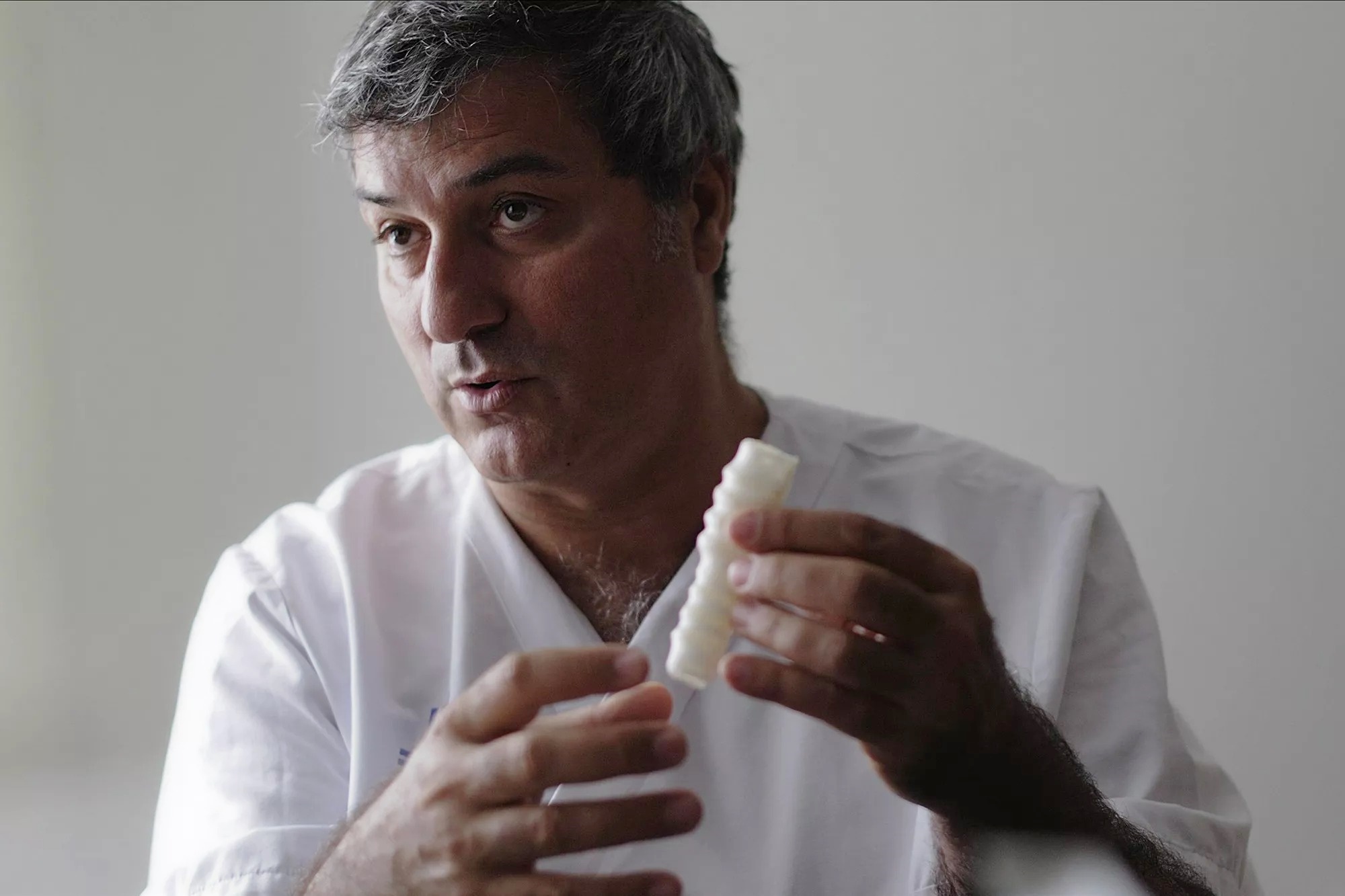 |
Paolo Macchiarini was renowned for his research on artificial tracheas. Photo: Netflix |
Paolo Macchiarini was renowned for his research on artificial tracheas. Photo: Netflix
Silenced accusations
It was Macchiarini's celebrity status that allowed him to circumvent the usual rules. Karolinska’s leadership expected great things from their “superstar,” hoping he would bring the institute prestige and funding.
They maintained that Macchiarini only treated dying patients who had no other treatment options and no time to waste. In such urgent cases, new treatments could be tried as a last resort.
This argument didn't hold up with those who investigated the case. Not all of Macchiarini’s patients were on death’s door. For instance, Beyene had recurrent tracheal cancer but, apart from a cough, was otherwise healthy.
Beyene's death two and a half years after the surgery, due to the artificial airway failing, was an excruciating experience. Pierre Delaere, a professor of respiratory surgery at the University of Leuven, Belgium, remarked, “If I had to choose between a plastic trachea or a firing squad, I’d choose the firing squad, because that’s the least painful way out.”
Delaere was one of the first and most outspoken critics of Macchiarini’s artificial airway system. He published articles in major medical journals and filed formal complaints with Karolinska’s ethics committee, but was largely ignored.
In early 2014, four doctors at Karolinska challenged the institute's "culture of silence" by accusing Macchiarini of seriously misrepresenting his research results and the health of his patients. However, Karolinska’s Vice-Chancellor, Anders Hamsten, declared that Macchiarini had committed no scientific misconduct, only acted “carelessly” at times. The whistleblowers were punished, their careers nearly ruined.
‘Why am I the only one here?’
After the scandal broke, many of Macchiarini's powerful friends fell from grace. Vice-Chancellor Hamsten, Karolinska’s Head of Research, and the Secretary-General of the Nobel Committee all resigned. The university board was dismissed, and Wallberg also lost her job.
In 2019, Macchiarini was sentenced to 16 months in prison after an Italian court found him guilty of forging documents and abuse of office, but the Supreme Court later overturned the conviction.
On 21/6/2023, the Svea Court of Appeal in Stockholm found Macchiarini guilty of aggravated assault against three patients and sentenced him to two and a half years in prison. Evidence showed the 65-year-old surgeon “was aware of the risks that these procedures could entail for the patients but showed indifference.”
At a press conference with his lawyer following the verdict, Macchiarini said he had wanted to help patients who had no other options. "Intentionally causing harm is the worst accusation for a doctor. In the operating room, we were 20, 25 people. What surprises me is why I am the only one here?" Macchiarini said.
Macchiarini appealed to the Swedish Supreme Court. In 10/2023, the court upheld the appeal court's verdict. As of 12/2023, 11 of Macchiarini’s research papers have been retracted, including four from the prestigious medical journal *The Lancet*.
Macchiarini's scandal has been the subject of several documentaries, including *He Lied About Everything*, *The Con*, *Dr. Death*, and *Bad Surgeon: Love Under the Knife*.
Tue Anh (adapted from *The Guardian* and *People*)



